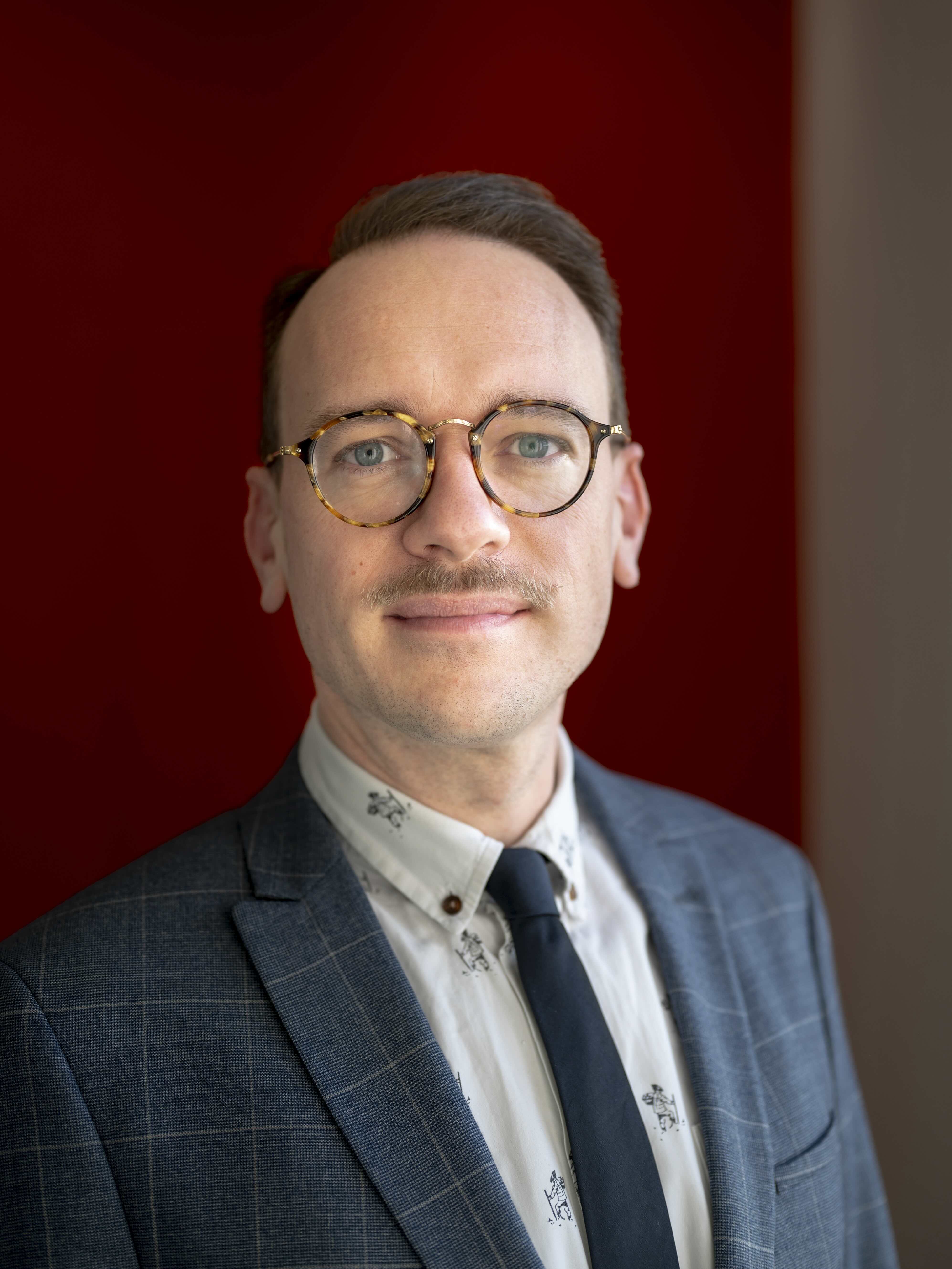
Prof. Dr. Hauke Egermann
University of Cologne, Germany
Cologne Systematic Musicology Lab (CSML)
Hauke Egermann studied systematic musicology, media studies and communication research (MA 2006, Hanover University of Music and Theater).
He then studied neuroscience (PhD in music psychology/neuroscience 2009, Center for Systemic Neuroscience Hanover).
He was a postdoctoral research fellow at the Centre for Interdisciplinary Research in Music Media and Technology (2009-2011, McGill University, Montreal, Canada).
From 2011 to 2015 he taught and researched at the Audio Communication Group (Technical University of Berlin, Germany).
In 2015 he was a visiting research fellow at the Center for Digital Music, Queen Mary, University of London.
In 2016 he received his habilitation in musicology at the Technical University of Berlin.
From 2016 he was first Assistant Professor (Lecturer), then Associate Professor (Senior Lecturer) at the Department of Music, University of York, UK (until 2023).
Here he founded and directed the York Music Psychology Group.
Between 2021 and 2023 Hauke Egermann has been a University Professor at the Technical University of Dortmund.
Since 2023 he is a University Professor for Systematic Musicology at the Institute of Musicology at the University of Cologne.
Here he also directs the Cologne Systematic Musicology lab.
His research interests are: Music and emotion, Empirical aesthetics of music, Embodied Music Cognition, Intercultural music cognition, Music media and technology, and Audience research.

To be announced